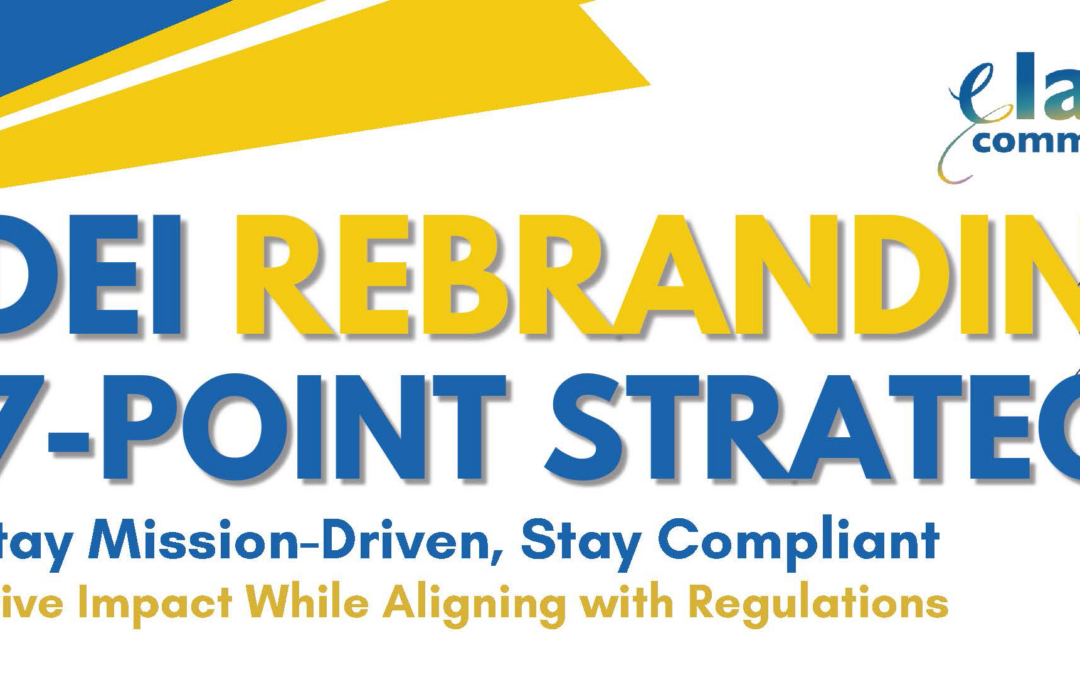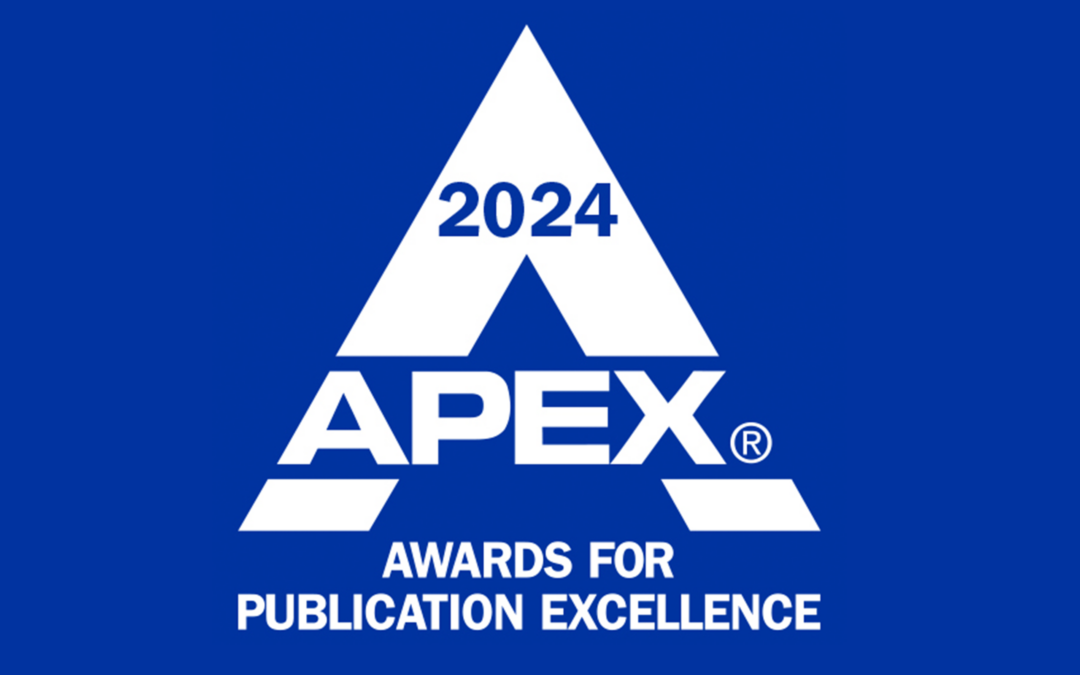Although it may seem like an extra step or an afterthought, fact-checking is essential to maintaining the integrity of your brand and building long-term trust with your audience. Trust is the cornerstone of any successful business. In an age when misinformation spreads like wildfire, consumers are becoming increasingly discerning about where they get their information. When your business consistently produces accurate, well-researched content, it establishes a reputation for reliability. This trust, in turn, fosters customer loyalty.
Whether you’re a startup or an established company, your brand’s credibility is a valuable asset. When your content is consistently accurate and well-informed, it positions your business as a thought leader in your industry. This credibility is important not only for gaining new customers but also for nurturing relationships with partners, influencers, and media outlets.
Today’s consumers are more informed than ever, and they expect the same from the brands they follow. When a company makes an effort to present accurate, evidence-backed information, it enhances its overall image as a responsible, professional entity. This contributes to a positive brand perception, which can translate into increased consumer confidence and, ultimately, better sales.
Additionally, as audiences become more concerned about ethical practices, companies that prioritize fact-checking and transparency will stand out as trustworthy, responsible brands. In a world where consumers are bombarded with endless content, being a brand that offers genuine, fact-based insights is a powerful differentiator.
Although SEO (search engine optimization) may seem like an entirely different topic from fact-checking, the two are closely related. Search engines such as Google prioritize content that is high quality, accurate, and authoritative. Websites with factual, well-researched information are more likely to rank higher in search results, driving organic traffic to your site.
One of the most dangerous consequences of not fact-checking content is the inadvertent spread of misinformation. Whether intentional or not, inaccuracies can quickly snowball, especially on social media, where viral misinformation can cause lasting damage. A single incorrect statistic, quote, or claim can lead to widespread confusion or misinterpretation.
Fact-checking before posting helps ensure your brand doesn’t contribute to the noise of misinformation. This is especially important when discussing sensitive topics or complex issues that require a careful, nuanced approach. By fact-checking all published materials, you significantly reduce the risk of these legal issues. Having a policy for vetting all claims, data, and references used in your content also helps protect your business from inadvertent errors that could lead to liabilities.
The process of fact-checking often involves a deeper level of research and scrutiny, which can significantly improve the quality of your content. It encourages writers and content creators to verify sources, cross-check data, and ensure every claim is backed by reputable evidence. Quality content is more likely to be shared, linked to, and cited by others, leading to greater visibility and engagement for your brand. By making fact-checking a priority, you ensure your content is not only accurate but also informative and valuable to your audience.
In an era when information is king, fact-checking is no longer optional—it’s essential. By prioritizing accuracy and transparency in your content, you build trust, maintain credibility, improve SEO, mitigate legal risks, and position your brand for long-term success. In a world of ever-increasing content noise, being the brand that delivers reliable, well-researched, and factually sound information will set you apart and establish you as a reputable leader in your industry.









